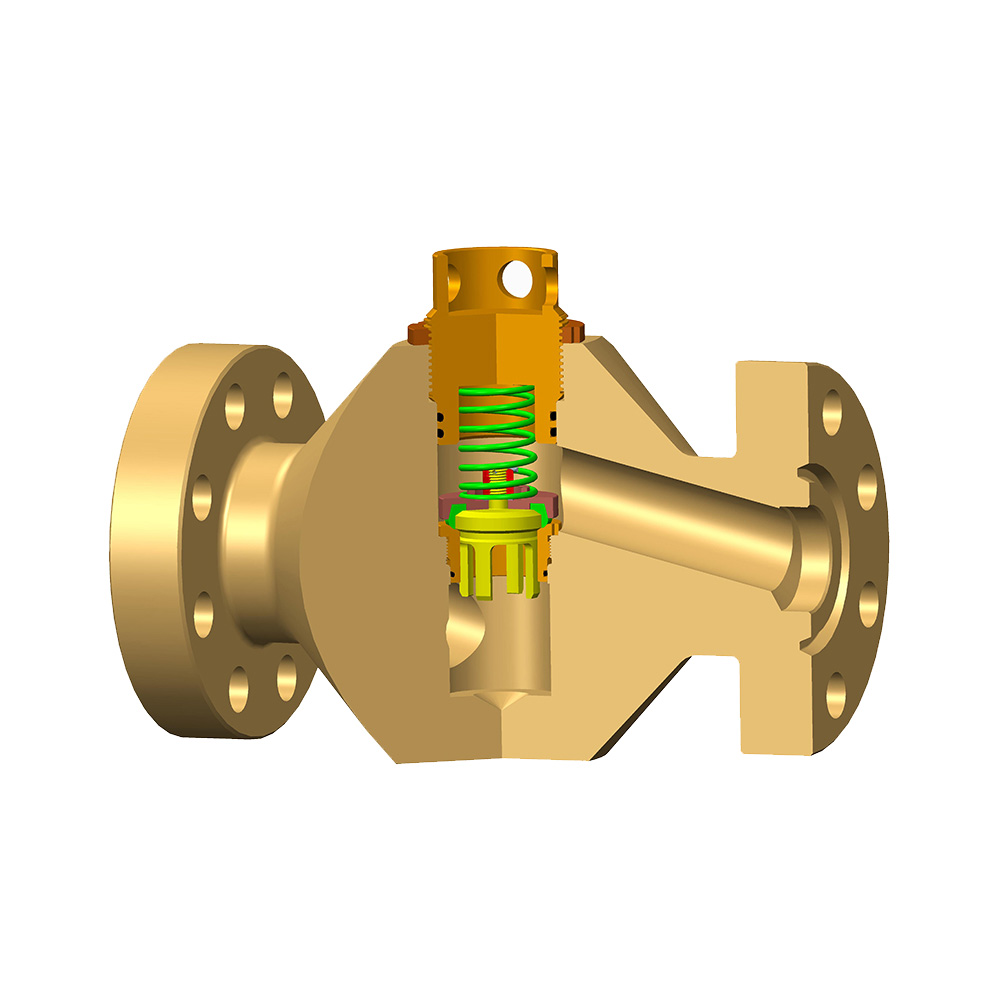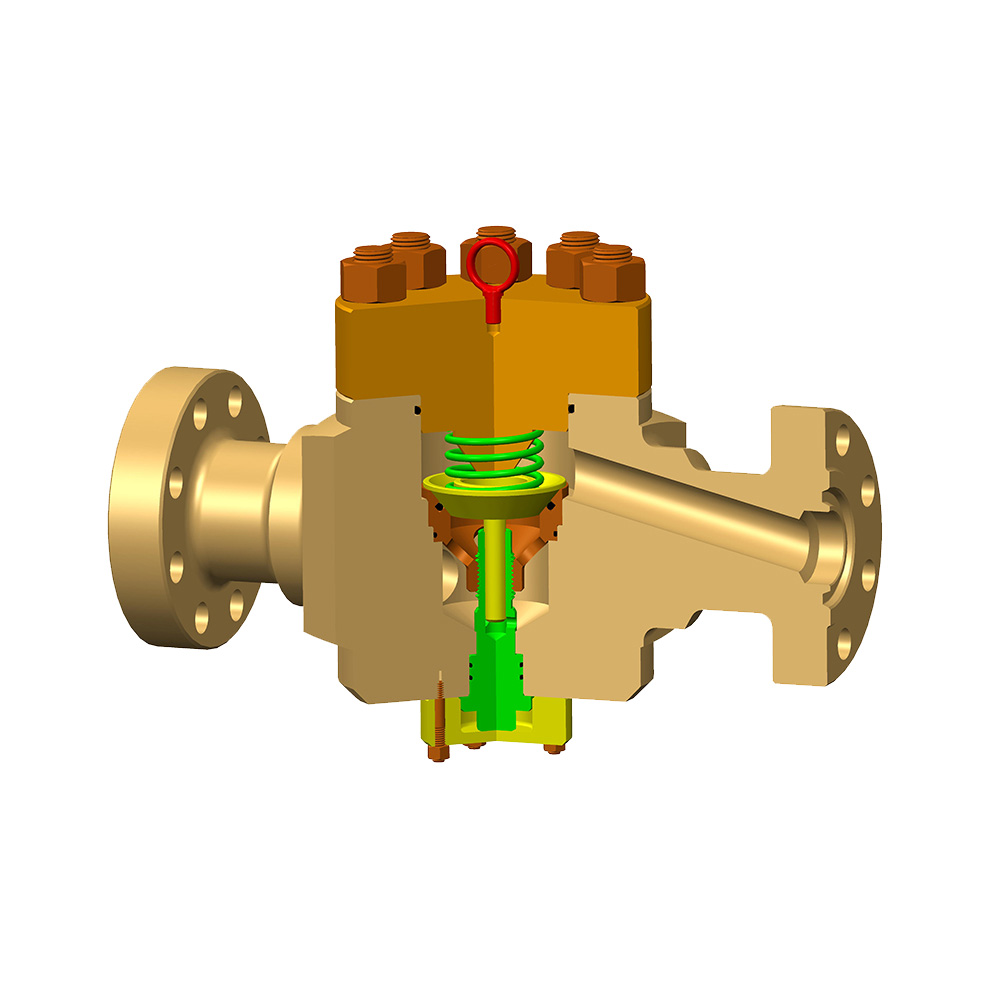In the complex and challenging field of drilling engineering, choosing the right Drilling Equipment Valve is crucial to ensure the smooth progress of drilling operations, improve efficiency and ensure safety.
First of all, the depth and pressure environment of drilling should be considered. For shallow wells with relatively low pressure drilling environments, such as the drilling of some small civilian water wells, ordinary gate valves or stop valves can be selected. Gate valves have the characteristics of low fluid resistance and relatively labor-saving opening and closing, which can meet the basic requirements for fluid control in such relatively simple drilling conditions. The stop valve has better sealing in the closed state, which can prevent groundwater leakage. However, when facing deep well drilling, such as wells thousands of meters deep in oil drilling, and huge downhole pressure, special high-pressure check valves and safety valves are needed. High-pressure check valves can ensure that drilling fluid can only flow in one direction, prevent backflow under high pressure, and avoid harm to equipment and personnel. The safety valve automatically opens to release pressure when the pressure exceeds the set value, ensuring the safety and stability of the entire drilling system. For example, on deep-sea oil drilling platforms, the reliability of the safety valve is the key line of defense to prevent blowout accidents. Once the downhole pressure rises abnormally, the safety valve can respond quickly to release the pressure and avoid catastrophic consequences.
Secondly, the geological conditions of drilling also affect the choice of valves. In formations with relatively stable geology and moderate rock hardness, valves made of ordinary materials may be sufficient. However, if it is in formations with complex geology and corrosive substances, such as certain acidic formations or sulfur-containing formations, valves with corrosion resistance must be selected. Stainless steel valves or special alloy valves have obvious advantages in this environment. They can resist the erosion of acidic substances and sulfides, ensuring the service life and normal function of the valves. For example, in some geothermal drilling projects, since underground hot water may contain a large amount of corrosive ions, the use of corrosion-resistant valves can effectively extend the service life of the valves and reduce the cost increase and construction delay caused by frequent valve replacement.
Furthermore, the fluid properties of drilling operations are also important considerations. If the drilling fluid contains a lot of solid particles, such as in some shale gas drilling, in order to prevent internal wear and clogging of the valve, a valve with wear-resistant and anti-clogging design should be selected. For example, a ball valve with a special valve seat structure and a carbide sealing surface can effectively cut off the fluid containing solid particles during rotation, and is not easily stuck by particles, ensuring smooth control of the fluid.
+86-18066199628
Product Search
Exit Menu
news
News categories
Product categories
RECENT POSTS
-
What are the specific application scenarios of valves in oil fields?
2024-06-01 -
Can the mud gate valve be closed quickly in the event of a blowout?
2024-06-02 -
What are the uses of valves for oil fields?
2024-06-10 -
Welcome to Zhonglin Oil Equipment!
2024-07-08 -
In which industries is GATE VALVE widely used?
2024-09-14
How to choose the right Drilling Equipment Valve to adapt to different drilling environments?
-
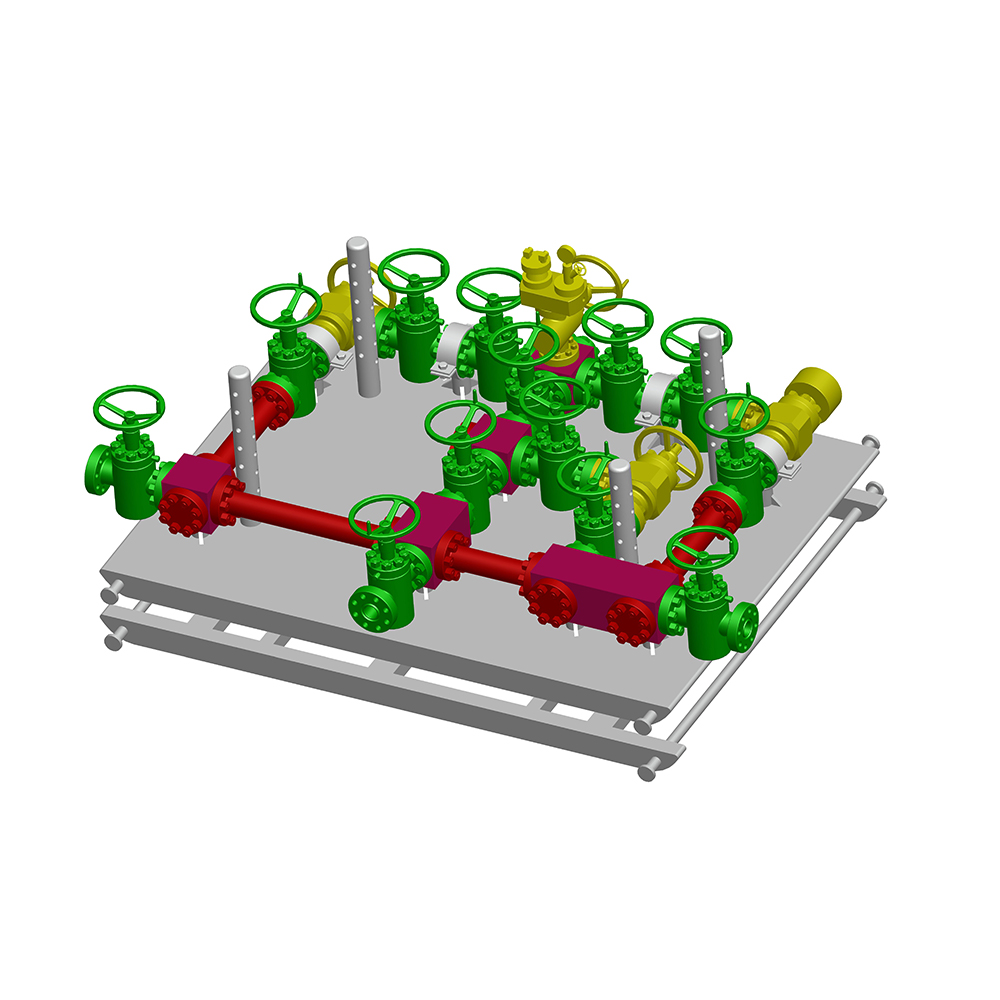
Choke and Kill manifold can effectively control the pressure inside the well and also can control the flow rate of oil gas and mud or other medium which returs from the well when it's used for drillin...
See Details -
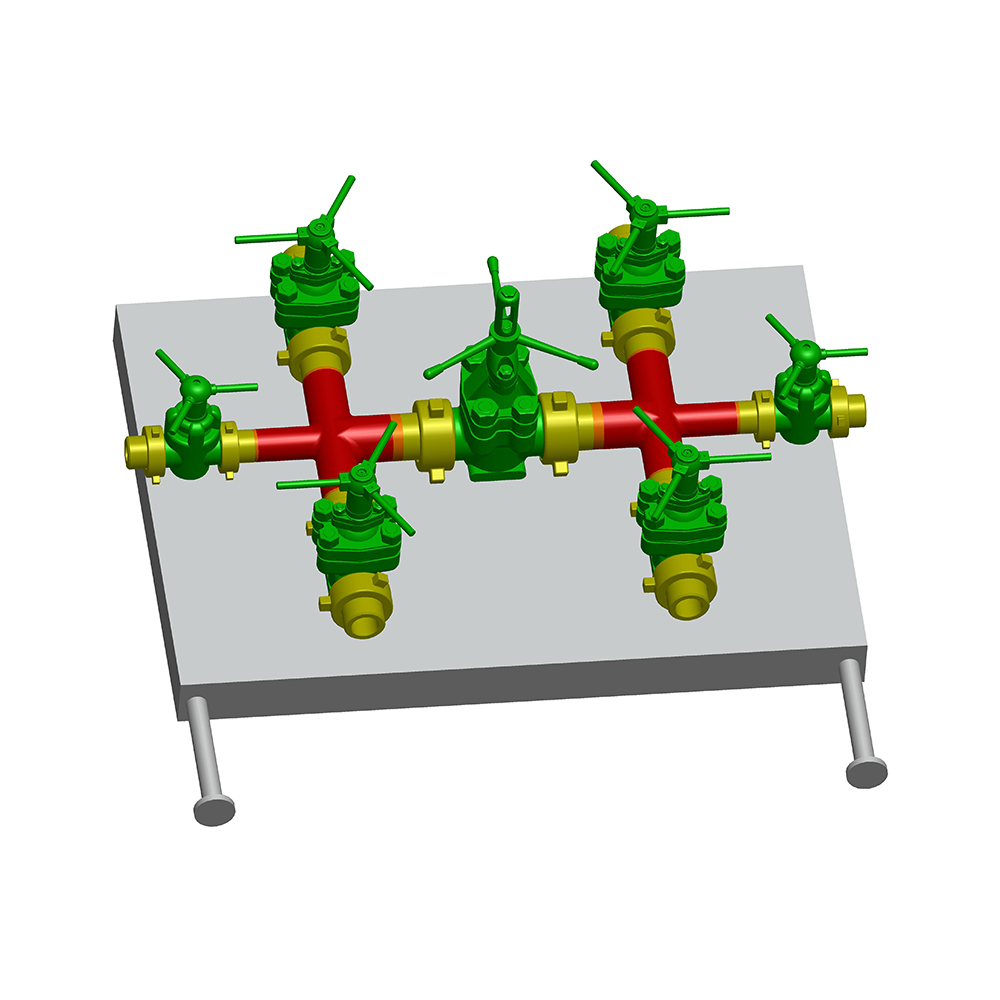
Choke and Kill manifold can effectively control the pressure inside the well and also can control the flow rate of oil gas and mud or other medium which returs from the well when it's used for drillin...
See Details -
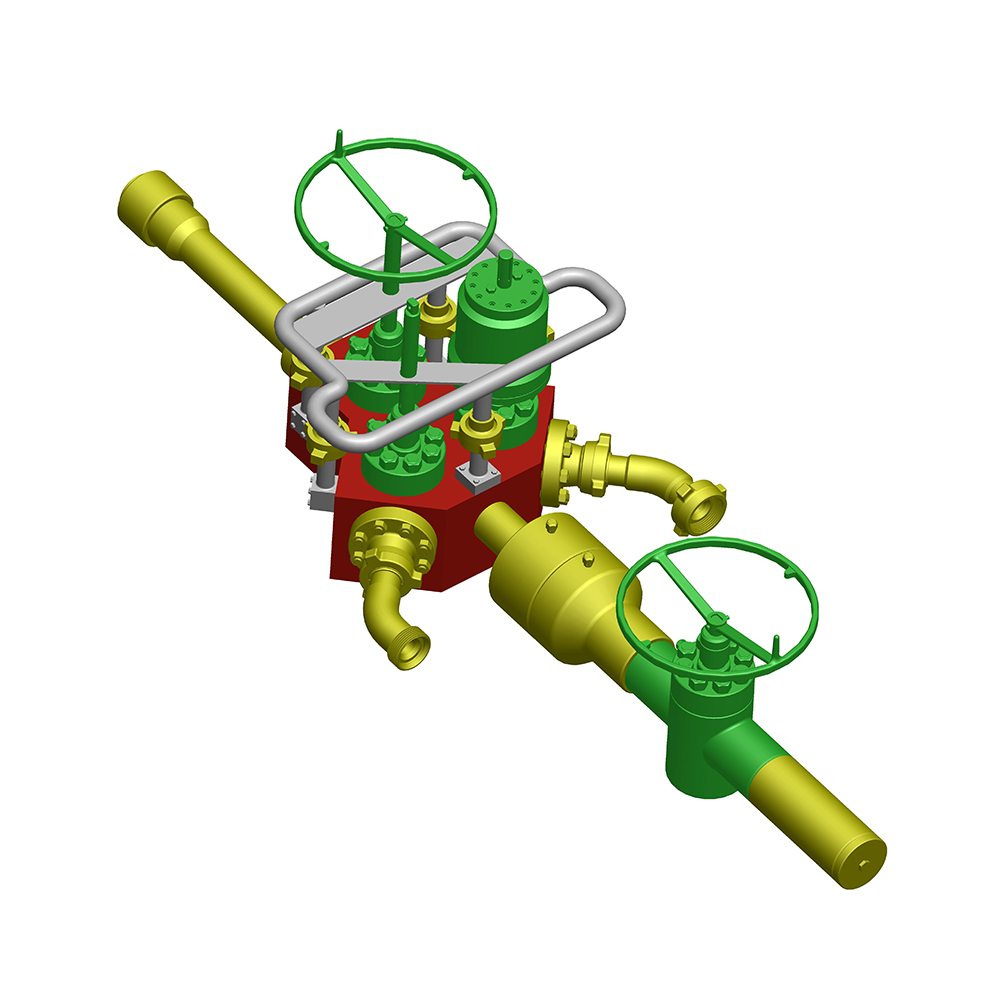
Flowhead sizes:1-13/16" ~9”Pressure Rating:5000psi- 15000psiMax.Tensile Rating:435,000 to 1,500,000 Ibs at 0PSIUpper and lower units are coupled with a load-bearing quick union for easy assembly and d...
See Details -

Choke and Kill manifold can effectively control the pressure inside the well and also can control the flow rate of oil gas and mud or other medium which returs from the well when it's used for drillin...
See Details
Contact Zhonglin Support Team for any Inquiry
Mob:
+86-18066199628/ +86-18805110688
Email:
[email protected] / [email protected]
Add: 88 Ronghua Road Yancheng New Hi-Tech Industrial Development Zone Yancheng, Jinagsu People's Republic of China

